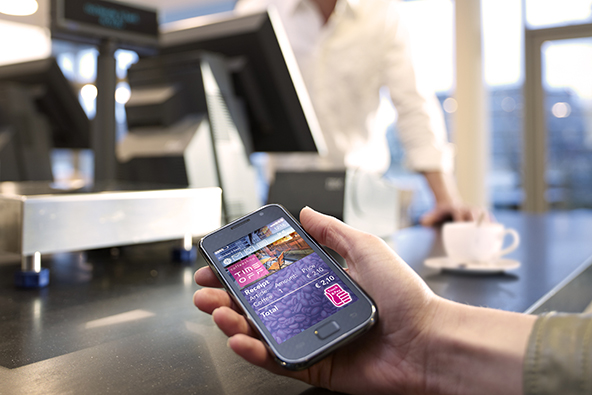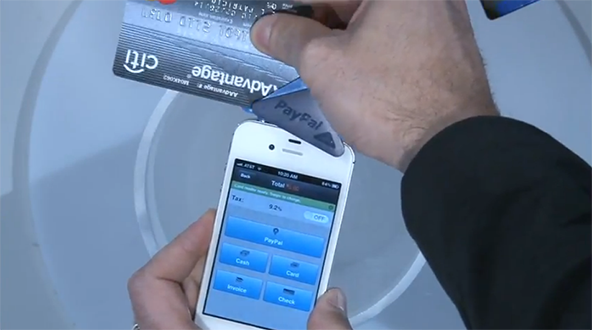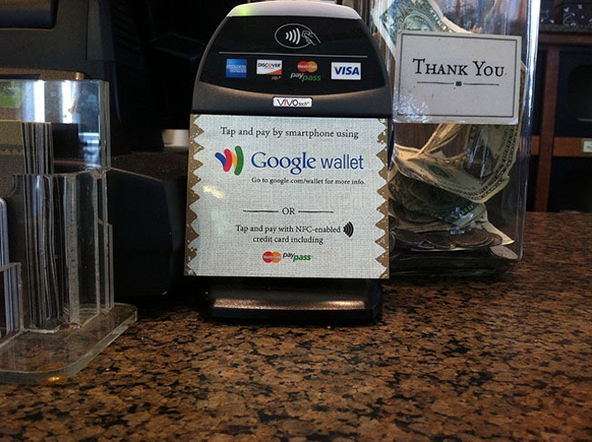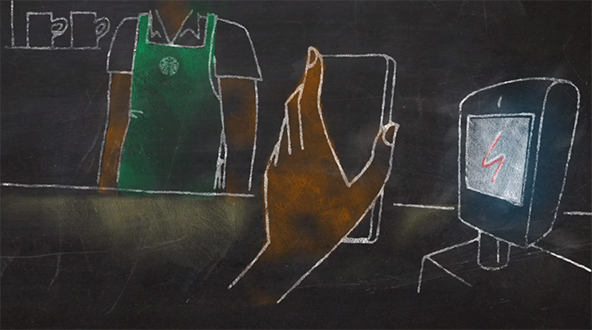Would You Share Information about Yourself with the Stores that You Visit?

If your answer to this question is “no,” you will be siding with the vast majority of Americans, according to a new study by three law professors at the University of California, Berkeley on the consumer benefits and privacy concerns associated with using mobile payments. The researchers have found an even stronger consumer opposition to systems that would use their own phones to track their movements as they browsed stores.
This is the best paper on mobile payments that I’ve read in a long time and I’m strongly recommending it to everyone. There is a lot to be learned from it and I’m still working on it, but in this post I’d like to focus on the authors’ view of how the adoption of mobile payments technologies could affect the relationship between the merchants and their customers. And it could be a profound shift.
The Results
Let me begin by giving you the survey’s results, which are based on the answers of 1,200 participants nationwide. The researchers first asked the participants how likely they were to use their phone as a credit card and an overwhelming majority of 74 percent responded that they were either not at all likely (55 percent) or not too likely (19 percent). If the participant decided to use his or her phone for payment, the researchers asked this question:
Would you definitely allow, probably allow, probably NOT allow, or definitely NOT allow this?
|
Definitely allow |
Probably allow |
Probably not allow |
Definitely not allow |
DK / RF |
|
|
Share information about you with the stores that you visit, when you are just browsing |
1 |
3 |
17 |
79 |
* |
|
Share your phone number with the stores where you make purchases |
3 |
15 |
16 |
65 |
* |
|
Share your email address with the stores where you make purchases |
6 |
27 |
16 |
51 |
1 |
|
Share your home address with the stores where you make purchases |
4 |
14 |
15 |
66 |
1 |
So you can see just how strongly consumers oppose the concept of sharing their personal information with the merchants. And it gets more interesting.
It’s All about the Information
At present, merchants collect very limited amount of information about their customer during a credit card transaction (what is known as “Level 3” data), which prevents them from being able to uniquely identify their customers. The other participants in the transaction process (the credit card networks, payment processors and issuers) also get very little information. However, the authors warn, mobile technologies can change all that:
New mobile payment systems may disrupt these arrangements by enabling merchants to collect personally-identifiable contact information from consumers, and by transferring Level 3 data to payment networks. With these capabilities, all of the service providers in the payments ecosystem – merchants, payment networks, and the banks involved in the transactions – could develop much more comprehensive and detailed dossiers about consumer purchase behavior than they typically have today. The capabilities of new payment systems will, for example, make it easier for merchants to build customer databases without resorting to loyalty cards.
This possible shift has profound consequences for consumer privacy and the relationship consumers have with payment providers and merchants. The need for loyalty cards will be eliminated, but so too could the ability of individuals to avoid profiling.
Then the researchers proceed to name a few of the most likely candidates to compile such “detailed dossiers” of you and me:
Some of the companies most likely to be successful in mobile payments have designed their systems to collect Level 3 data about consumers’ purchases (for example, PayPal, Google Checkout, and Facebook Credits appear to work this way).12 Under existing privacy rules, these entities could share this information with third parties — for example, advertisers — without the affirmative consent of the consumer. They could also use it for their own marketing, research, or other purposes. For instance, social network services with payment systems could add transaction histories to their already rich databases of behavioral information.
I think that we can easily add a few names to the researchers’ list of companies interested in our personal information, but you get the idea.
The Takeaway
Here is the authors’ conclusion:
Thus, a move to mobile payments could carry with it a move to a profoundly different relationship between customers and payment system service providers than has existed in the past. Further, there is no guarantee that this shift would be apparent to consumers using mobile payments systems to complete sales transactions.
In other words, a brave new world of gathering, sharing and using personal information is about to descend upon us and we may not realize it even when we start living in it. I would only add that that process has already begun. Did I hear someone mention The Matrix?
Image credit: Nxp.com.


